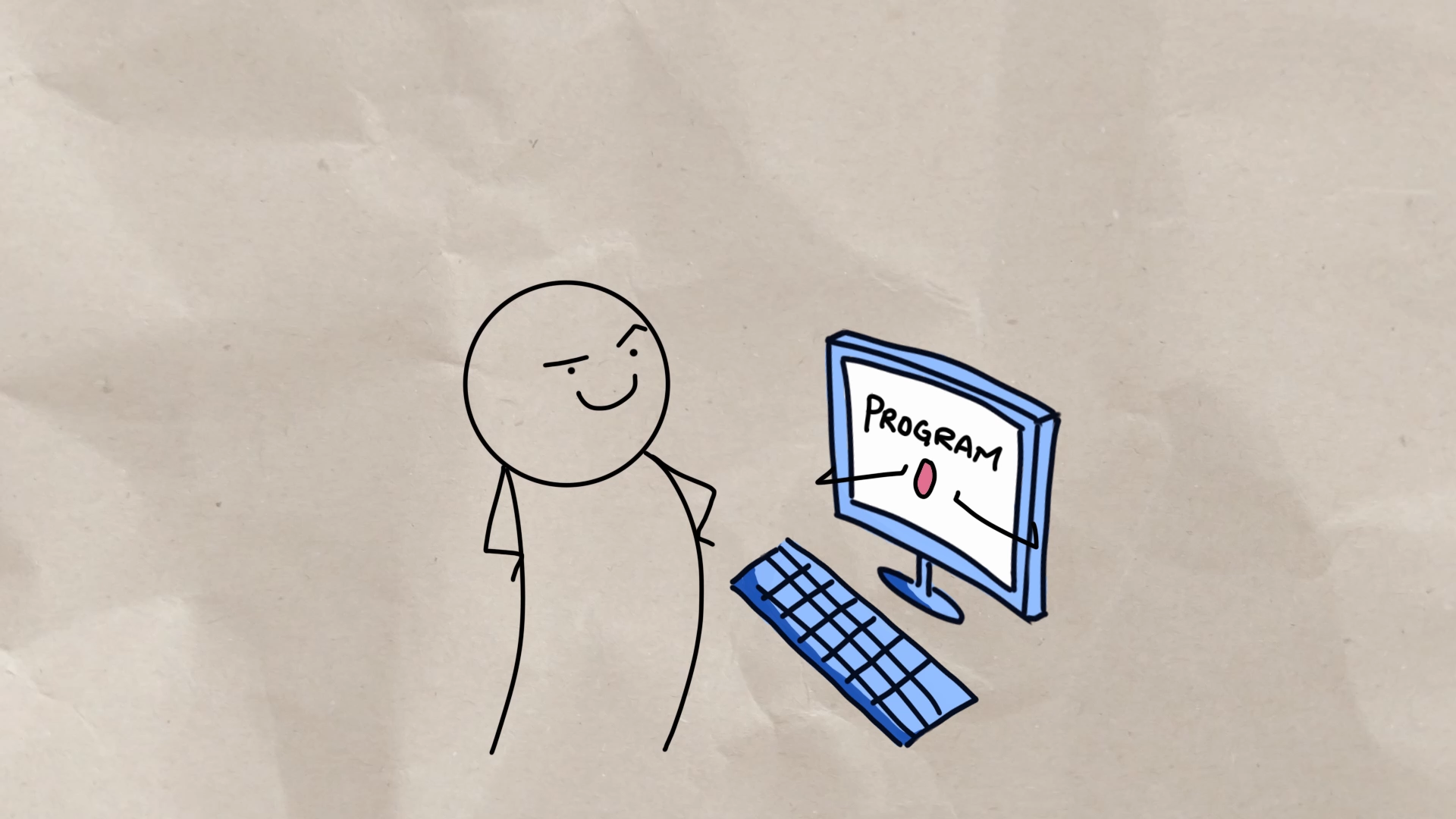Evaluate the factors that affect self-efficacy
The team has started using some of the strategies for improving self-efficacy. They're putting together a plan to draft their script for the presentation. Each team member has chosen their lines, and everyone's working together to update the script when the team makes changes to the code. In this unit, you'll learn about the factors that affect your self-efficacy and the strategies you can use to improve it.
Which factors affect self-efficacy?
Your self-efficacy levels affect your behavior in many ways. On a daily basis, they influence your mindset, willingness to learn new things, and sense of belonging in the technology environment. Several different factors affect your self-efficacy. You can work on these factors to improve your self-efficacy levels and the possibility of successful outcomes.
Prior experiences
Prior experiences influence your self-efficacy, especially in computer science and technology. If you interact with many people who are experts at coding, presenting, testing, or debugging, remember that they've had extensive practice. Many of them probably took advanced courses and worked on their skills for years.
When you do a task many times, you get better at it. As you achieve small successes, you build on those experiences and progress further. You recall the times that you were successful before and can draw on that determination again.

Feedback
Keep track of your progress by studying your own self-talk and the feedback you receive from others. As you study your self-talk, you can change it to be more positive. Avoid telling yourself that you're not good enough or that your chances of success are limited. Instead, tell yourself that you can work on your skills, make progress, and mimic past successes. Seek out feedback and encouragement from others. If they're experienced in a particular task or area, use their feedback to grow your own skills.

Role models
It's easy to think everyone else is doing a better job or that you're struggling to catch up. This negative thinking can deflate your self-efficacy and motivation. Whether you're having a difficult time visualizing your code logic or struggling with a new programming language, remember that everyone goes through similar struggles before they succeed.
If someone is good at a task, they've often been through many struggles. But they persisted and became good at what they do. You can do the same. As you work with a team, you'll notice that many team members struggle with a task before they succeed.

Reactions to stress
You might feel stressed when you have a deadline or important work event coming up. The same is true for significant changes in your situation, such as starting a new role or moving to a different department. How you feel about stress and the way you react to it can affect your self-efficacy.
To maintain positive self-dialogue, prepare yourself for upcoming challenges. Make a list of daily tasks and assess your progress on those tasks. Congratulate yourself on your successes, and plan a strategy to work on any of the tasks that you couldn't accomplish. By preparing yourself for the mental and physical challenges ahead, you can cope better and accurately assess progress.

Improve your self-efficacy
There are several effective steps you can take to improve your self-efficacy and motivation:
- Tune in to your self-talk. What do you think to yourself when you need to do something new or challenging? Make the connection between negative self-talk and low self-efficacy. Pay attention to your internal dialogue. As you implement these steps, notice the change in your mindset and the improvement in your outcomes.
- Practice and celebrate small successes. Break your tasks into small, manageable steps. Every time you meet a goal, give yourself the opportunity to celebrate those small successes. By doing so, you reaffirm your growth and remind yourself that you're getting better. Continue to practice even when things are difficult so that you can keep progressing and succeeding, no matter how small the task.
- Learn from others. Exchange feedback with your teammates, and learn from their successes. Ask them questions about how they achieved certain targets. What struggles did they overcome to become successful? When you observe others like yourself succeed, you believe that you can do the same. You can also request feedback from teammates with more experience and skill. Use this information to develop strategies to cope with challenges and improve.
- Manage negative emotions. It's natural to feel anxious when you're faced with a challenging situation. If you're nervous, seek support from your team and rely on their positive feedback and engagement.
Tip
Check in on your self-talk on a regular basis.
Use the following examples to practice positive self-talk:
- Instead of telling yourself, "I can't do public speaking," think, "I can't do public speaking yet."
- Instead of telling yourself, "I'm not a resourceful person," think, "With time and effort, I can improve my resourcefulness."
- Instead of telling yourself, "I can never reach the finals in the coding competition," think, "I can be successful if I persevere and practice with my teammates."